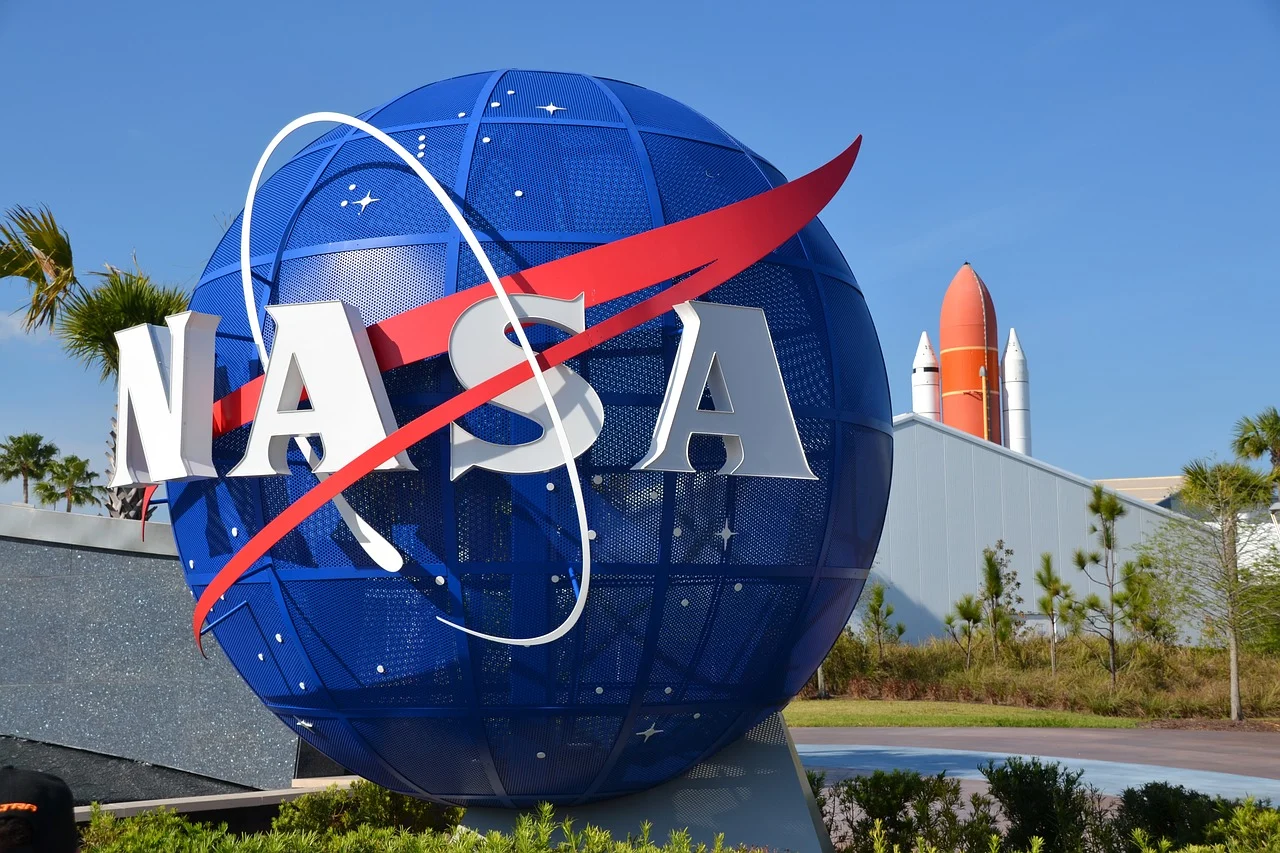Science News Roundup: Six planets found in synchronized orbit may help solve cosmic puzzle; NASA to train Indian astronaut for ISS voyage in deepening space ties and more
Following is a summary of current science news briefs. Six planets found in synchronized orbit may help solve cosmic puzzle They are the most common type of planet observed in our Milky Way galaxy - two to three times the diameter of Earth but smaller than Neptune, and orbiting closer to their stars than our solar system's innermost planet Mercury does to the sun.

Following is a summary of current science news briefs.
Six planets found in synchronized orbit may help solve cosmic puzzle
They are the most common type of planet observed in our Milky Way galaxy - two to three times the diameter of Earth but smaller than Neptune, and orbiting closer to their stars than our solar system's innermost planet Mercury does to the sun. Called "sub-Neptunes," they are absent from our solar system and their fundamental nature has remained a puzzle. But the discovery announced on Wednesday of six of them in synchronized orbits around a star about 20% smaller in mass than the sun is giving astronomers hope that an answer could come soon.
In a first, a newborn star's spinning disk is seen in another galaxy
Our sun and other stars form when a dense clump of interstellar gas and dust collapses under its own gravitational pull. Once a star is born at the center of such a cloud, leftover material forms a swirling disk around it that feeds stellar growth and often gives rise to planets. Newborn stars with these circumstellar disks had been observed by astronomers only in our Milky Way galaxy - until now. Researchers said on Wednesday they have spotted such a disk around a star larger and more luminous than the sun residing in one of our nearest neighboring galaxies, the Large Magellanic Cloud.
NASA to train Indian astronaut for ISS voyage in deepening space ties
NASA will train an Indian astronaut for a voyage to the International Space Station as early as next year, NASA Administrator Bill Nelson said on Wednesday, amid deepening space ties between India and the United States. "There is an opportunity to share science," Nelson said, speaking at an event in Bengaluru, where he is due to inspect the NISAR satellite on Thursday.
Europe's new Ariane 6 rocket to launch June 15-July 31, 2024
Europe's new Ariane 6 rocket will stage an inaugural flight between June 15 and July 31 in 2024, the European Space Agency said on Thursday. The keenly awaited window for the first test flight came after a test model of the new rocket passed a key long-firing engine test in French Guiana last week.
ALSO READ
India's Healing Heritage: Ayush Tableau Shines at Republic Day Parade
Operation Sindoor: India's Victory and Cultural Triumph on Republic Day
Amit Shah Highlights India's Cultural Renaissance at Gayatri Parivar Centenary
INS Vikrant: A Symbol of India's Defense Self-Reliance
India's Economic Resilience: Navigating Global Tariff Challenges










